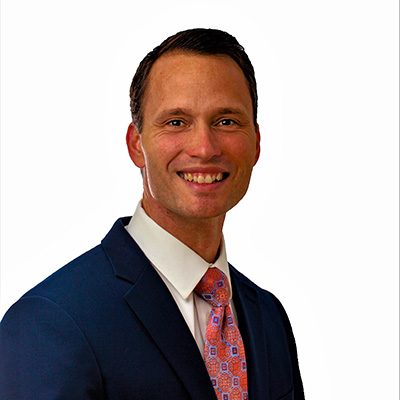I was cleaning out some old files the other weekend, and I came across an article published in ENR in January 2008 by construction management expert, Dr. Thomas Schleifer, titled Success Can Bring Deadly Distractions.
The article reminded me of when I graduated college in 2003 and started to take over ownership of my agency. At the time, I had some student debt and decided to work a second job as a bartender at Black Angus on the weekends to pay it back quicker. About six months into working both jobs, I was going to schedule a trip to attend a surety conference in Kansas City, MO, and I asked the founder to join me, because I had never done anything like it. After a day of travel, we showed up to the hotel, and something seemed off. I quickly discovered I had made a terrible mistake and got my dates mixed for the conference. I was mortified, and fortunately, the founder of our business took pity on me and let me live to fight another day.
I quickly realized that I didn’t have the capacity to focus on two jobs – especially when one was as big as taking over a company. It was humbling at the time, but it has helped me avoid so many distractions even some that have noble intentions like my desire to pay off my student debt quickly. I still have the airline ticket pinned to my office wall in hopes I never forget.
Years later, Dr. Schleifer’s article struck me, because he describes how the same loss of attention to business has led many to fail. As Dr. Schleifer says, “The distraction from the business at the center of their life seems to start after they accumulated, usually for the first time in our lives, considerable disposable income but had little time to enjoy the fruits of their considerable labor…. Much like a mid-life crisis, some activities (golf, politics, affairs, etc.) become addictive and begin to supplant the business as the primary focus of the contractor’s life.”
Now being well into the 10th year of the US economic expansion, it’s not surprising that many contractors are feeling the fatigue of the long marathon. This can lead some to search for a release or ways to enjoy the results of their hard work as Dr. Schleifer put it. Rest and recovery can be a good thing. As the Greek philosopher, Seneca, put it, “The mind must be given relaxation…Constant work gives rise to a certain kind of dullness and feebleness…” It’s no different than taking days off from the gym to avoid overworking a muscle.
However, what Schleifer is warning us about are activities or commitments that permanently shift an owner’s attention to something else rather than simple breaks. This is particularly dangerous in an environment where the amount of work is plentiful (sometimes overwhelming) and the pace is accelerating. I compare it to a NASCAR driver that is speeding up toward a turn and decides they want to play another round of Candy Crush on their phone. It sounds pretty ridiculous, but is it really all that different than a contractor who has the biggest backlog ever and gets obsessed with golf?
Conclusion
Dr. Schleifer concludes his article by saying that preventing this phenomenon is difficult, because we often don’t know who among us is susceptible and we often can’t see the problem in ourselves. He goes on to say that having trusted advisors is one way to combat the issue, which is similar to what my mentor used to tell me, “Always have someone in your life that will tell you the truth.” It can be a hard thing to find, but worth its weight in gold.




